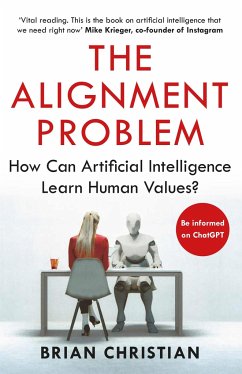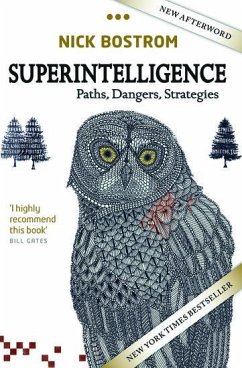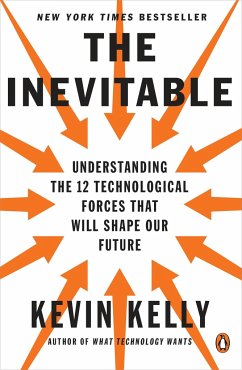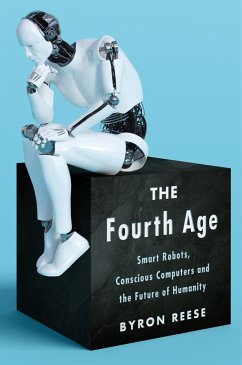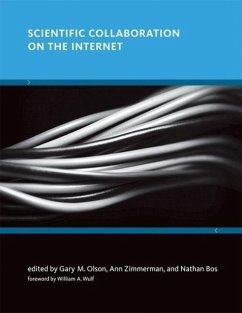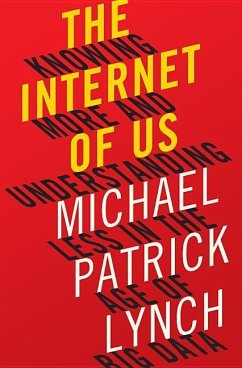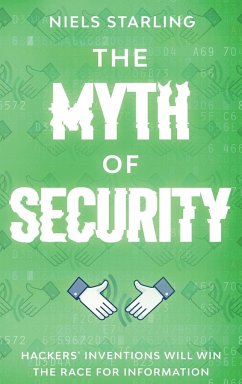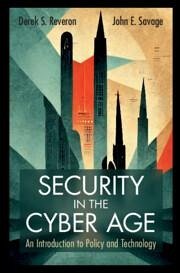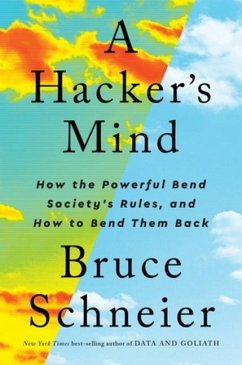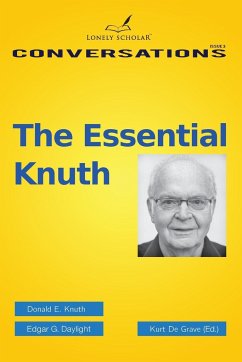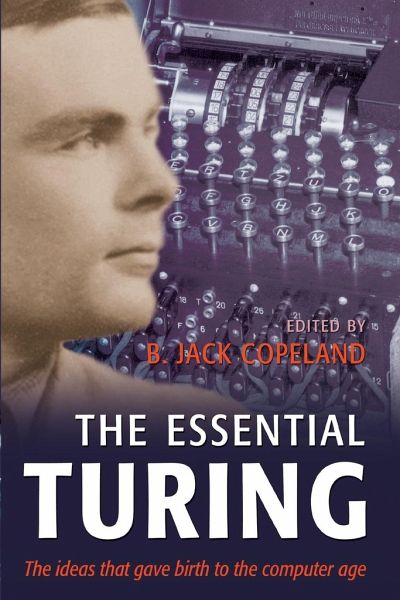
The Essential Turing
Seminal Writings in Computing, Logic, Philosophy, Artificial Intelligence, and Artificial Life Plus the Secrets of Eni
Ed. by B. J. Copeland
Versandkostenfrei!
Versandfertig in 1-2 Wochen
42,99 €
inkl. MwSt.

PAYBACK Punkte
21 °P sammeln!
- Developed the mathematical theory upon, which all stored program digital computers are modeled - Pioneered Artificial Intelligence - Played an essential role in deciphering Enigma, the code used by the German High Command during the Second World War to protect their radio communications - Founding father of modern cognitive science





